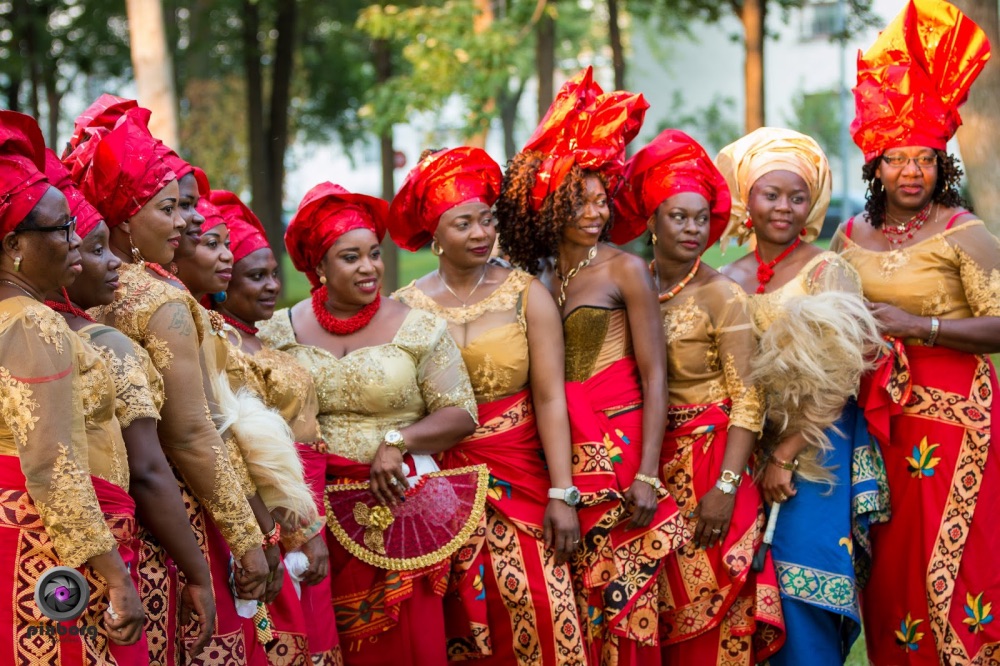ENUGU, Nigeria — In a landmark ruling that has sent ripples through Igbo society, the Nigerian Supreme Court has declared that female children have the right to inherit their father’s property.
The decision, which voids a long-standing Igbo custom that denied inheritance rights to women, has sparked both praise and fierce opposition across the region.
The ruling, delivered on a case involving the Ukeje family, found that the Igbo customary law that prohibits female children from inheriting their father’s estate is discriminatory and unconstitutional.
The Supreme Court based its judgment on Section 42(1)(a) and (2) of the 1999 Nigerian Constitution, which guarantees the right to freedom from discrimination on the basis of sex.
“No matter the circumstances of the birth of a female child, such a child is entitled to an inheritance from her late father’s estate,” said Justice Bode Rhodes-Vivour in delivering the court’s decision.
The ruling upheld lower court decisions that granted inheritance rights to Ms. Gladys Ada Ukeje, despite opposition from her late father’s wife and son.
Historic Legal Victory for Women’s Rights
The decision has been hailed as a major victory for women’s rights in Nigeria, particularly in the southeastern region where traditional customs have historically excluded women from inheritance.
Women’s rights activists have applauded the ruling as a significant step toward gender equality in Igboland.
“This ruling is not just about property; it’s about recognition and equality,” said Rt. Rev. Owen Nwokolo, Bishop of the Diocese on the Niger, Anglican Communion.
“Female children are not second-class citizens, and this decision rightly recognizes their equal status in the family.”
For many, the Supreme Court’s decision is a long-awaited affirmation of women’s rights. Professor Uzodinma Nwala, a prominent Igbo intellectual, stated, “In today’s world, daughters have proven themselves as integral members of their families, often acting as breadwinners. To deny them inheritance based on outdated customs would be a grave injustice.”

Traditional Leaders Voice Concerns
However, the ruling has not been universally embraced.
In many parts of Igboland, where cultural customs are deeply ingrained, the decision is seen as a direct challenge to long-established traditions.
Igwe Simeon Osisi Itodo, a prominent monarch and grand patron of the Enugu State Traditional Rulers Council, warned that the court’s ruling could lead to social unrest.
“The Igbo people have customs and traditions that have guided us for generations. This ruling cannot simply wipe them away,” he said.
“Allowing female children to inherit property alongside their brothers may lead to conflict within families and communities.”
Igwe Itodo further argued that Igbo customs have their own logic, pointing out that “a woman traditionally leaves her father’s household upon marriage and becomes part of her husband’s family.
For her to return and claim her father’s property disrupts the balance we have maintained for centuries.”

A Clash of Custom and Constitution
The Supreme Court’s ruling has sparked debate about the role of traditional law in modern Nigeria. While the constitution protects the rights of all citizens, regardless of gender, many rural communities continue to adhere to customs that predate the country’s legal framework.
Igwe Christopher Nnamani, the traditional ruler of Likke Iheaka community, called for a delicate approach to reconciling tradition and the law.
“The Supreme Court’s decision is fair to women, but we must also consider how to implement it in a way that respects our cultural values,” he said. “This is a centuries-old tradition. Change cannot happen overnight.”
Some community leaders are advocating for legislative action to domesticate the court’s ruling.
“Our state assemblies in the Southeast must pass laws that enforce this decision so it can be implemented effectively,” said Chief Paully Eze, a lawyer and chairman of the Enugu State Association of Town Union Presidents. “Any custom that discriminates based on sex should be expunged.”
Looking Forward
While the Supreme Court has set a new legal precedent, the challenge of enforcing the ruling remains.
Traditional leaders and community members are divided on whether the court’s decision should be adopted universally across Igboland or if it should be left to individual families to decide.
“The ruling is clear, but its application will be difficult,” said Chief Augustine Uzochukwu, a community leader from Anambra State.
“For some families, this is a welcome change. But in many communities, people are not ready to abandon customs that have been passed down for generations.”
As the debate continues, one thing is certain: the Supreme Court’s ruling has opened a new chapter in the ongoing struggle for gender equality in Nigeria.
How this decision will reshape inheritance practices in Igboland remains to be seen, but for many women, it represents a long-overdue acknowledgment of their rightful place in the family.







